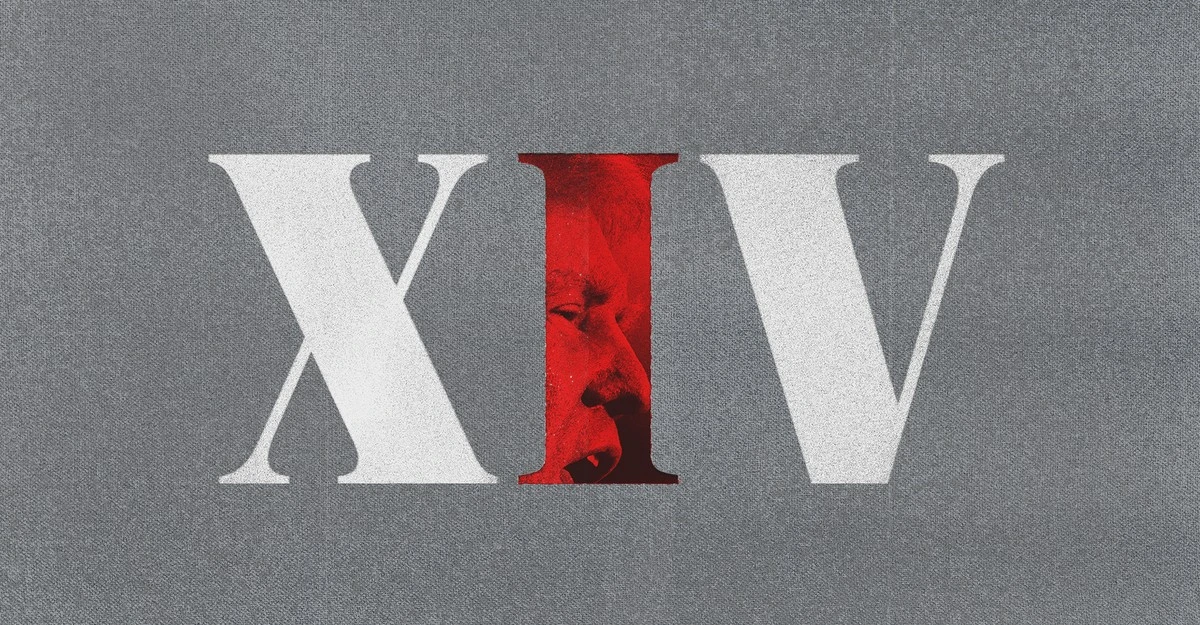As the Colorado Supreme Court wrote, January 6 meets the bar for insurrection “under any viable definition” of the term. The legal scholar Mark Graber, who has closely studied the Fourteenth Amendment’s history, argues that “insurrection” should be understood broadly—an act of organized resistance to government authority motivated by a “public purpose.” That certainly describes the Capitol riot, in which a violent mob attacked law enforcement and threatened members of Congress and the vice president in order to block the rightful counting of the electoral vote and illegally secure the victory of the losing candidate. The historical record also suggests that the amendment’s requirement that a prospective officeholder must have “engaged in insurrection” should also be understood broadly—meaning that Trump’s speech on the Ellipse that morning and his encouragement of the rioters while they smashed their way through the Capitol more than fit the bill.



Your whole argument is based in the court of public opinion. Trials are not held in the court of public opinion. That’s called politics.
That’s…umm…literally completely wrong.
Opinion
Opinion
Opinion
But you really said it best